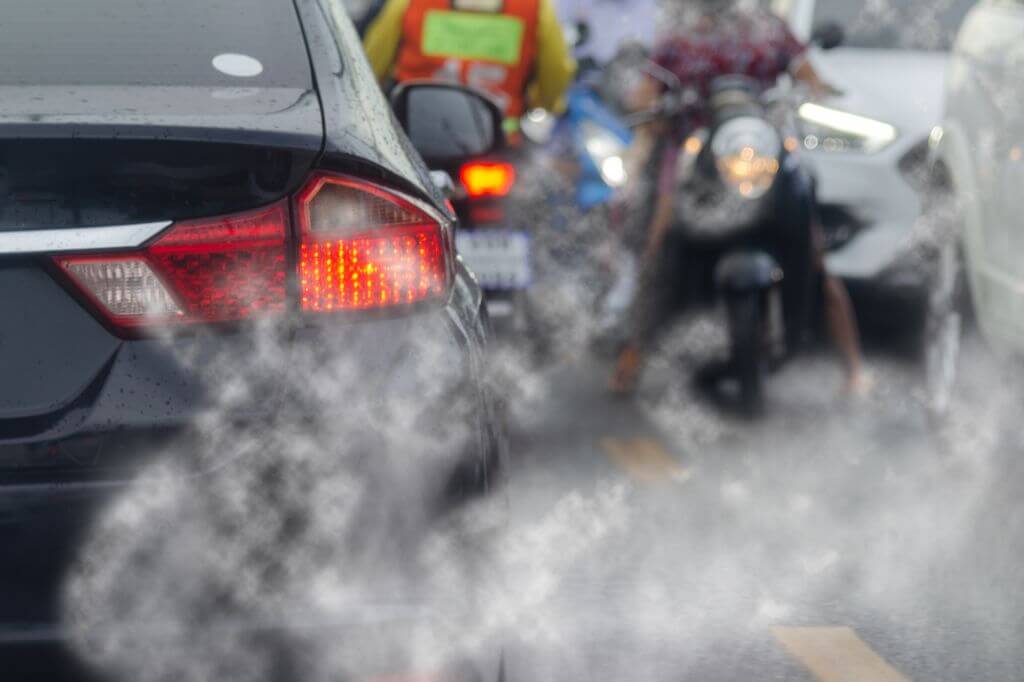In 2016, a year after the Dieselgate diesel emissions scandal erupted, authorities in France investigated Renault over allegations of breaching emissions regulations. According to regulators, the carmaker released unlawful levels of NOx or nitrogen oxide, a dangerous gas that affects the environment and shortens human lives.
Years later, Renault’s diesel vehicles allegedly used defeat devices. The discrepancies that regulators found in 2016 may have been caused by the illegal devices.
This defeat device recognises when a vehicle is in regulatory testing in a laboratory. Once testing begins, it lowers emissions to levels within the legal limits so the vehicle can pass the test. However, this state is only temporary as, once used in real-world conditions, the vehicle the device is installed automatically revers to emitting alarming levels of toxic fumes.
In the UK, there are approximately 700,000 Renault diesel vehicles possibly affected by the scandal.
Additionally, South Korean authorities also accused the carmaker of using defeat devices. After a guilty verdict, Renault recalled all the affected vehicles as sales of certain models from some manufacturers were banned.
The Qashqai SUV and the 1.6-litre diesel vehicles were some of the models implicated in the South Korean Renault defeat device scandal in 2017. The carmaker paid fines worth millions.
Despite the recalls and fines, Renault denied the diesel emissions allegations authorities threw against them.
Affected models
While investigations are still ongoing about the affected Renault vehicles, there are reports and indications that the following models may be on the list:
- Scenic
- Mégane
- Espace
- Captur
- Clio
It was also reported that Renault diesel vehicles manufactured between the years 2009 and 2018 were allegedly equipped with defeat devices.
The diesel emissions scandal
The alleged Renault diesel emissions fiasco came after the Volkswagen Group’s Dieselgate scam that shocked the automobile industry in September 2015.
Volkswagen was accused by US authorities of using defeat devices in Audi and VW diesel vehicles to pass regulatory testing. The cheat devices manipulate engine power and use artificial techniques in lowering emissions.
VW violated emissions regulations and had to pay a hefty fine. They also had to recall thousands of affected vehicles. They had to replace defeat device-equipped engines with compliant ones.
Over the years, VW has spent billions on paying off fees, fines, and compensation.
Aside from the Volkswagen Group, other carmakers have also been embroiled in the scandal, including Mercedes Benz, BMW, Vauxhall, and Nissan. Renault’s diesel emissions scandal started a year after the VW Group was exposed to the public.
Many other carmakers are involved; in fact, several are added to the list year after year.
These carmakers are accused of prioritising profit over the safety of drivers. They lied to and misled their customers into spending a premium amount for a high-polluting vehicle.
They also put their customers’ lives in danger. These devices can destroy lives.
What makes vehicle emissions dangerous?
Vehicle emissions are gases released by cars (and vans). Diesel-powered vehicles emit nitrogen oxide or NOx.
Nitrogen oxide helps form acid rain, smog, and ground-level ozone. It also impacts vegetation, weakening plants, and more concerningly, crops. In most cases, vegetation is destroyed after significant exposure.
NOx has nitrogen dioxide (NO2) and nitric oxide as main components. These gases can have serious health impacts, particularly respiratory illnesses.
However, NOx is also expected to affect a person’s mental well-being. Exposure can result in frequent incidences of anxiety and depression.
Cognitive abilities are also impacted and once this happens, the risk of developing dementia increases.
The most life-shattering effects, though, are the following:
- Asthma
- Pulmonary oedema
- COPD
- Asphyxiation
- Some types of cancer
- Laryngospasm
- Cardiovascular disease
- Premature death
Exposure to NOx emissions has caused thousands of early deaths across the world. The first such case in the UK happened in 2013 after young South London resident Ella Adoo-Kissi-Debrah died. She had chest congestion that eventually resulted in non-stop coughing. She was later diagnosed as having asthma.
Ella’s asthma turned into a complicated health issue that caused her to black out and visit the hospital numerous times. Her initial cause of death was acute respiratory failure. This was changed in December 2020 as the coroner concluded an inquest and it was determined that she died from asthma caused by exposure to excessive pollution. She and her mother Rosamund were residents of South Circular, one of the most polluted areas in London.
To avoid incidents like this from happening, and to hold carmakers responsible for their deceitful actions, drivers affected by the Dieselgate scandal are urged to make a diesel claim.
Why do I need my diesel claim?
Legal action against your carmaker is necessary because:
- They violated emissions laws
- They lied to you when they sold defeat device-equipped vehicles as safe and emissions-compliant
- They compromised vehicle performance by installing the cheat device
- They exposed you and everyone around you to the dangerous health impacts of NOx
Before you formally file your diesel claim, though, be sure to verify if you are qualified to receive compensation. Visit ClaimExperts.co.uk. They have complete information about who are eligible to file an emission claim.
After you’ve made sure that you can claim compensation, sit down with an emissions expert, and determine which legal action is best for your case. Most affected drivers choose to join a group litigation order (GLO).


